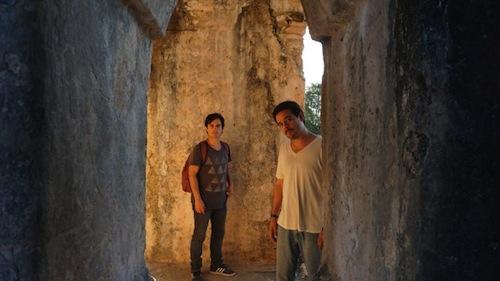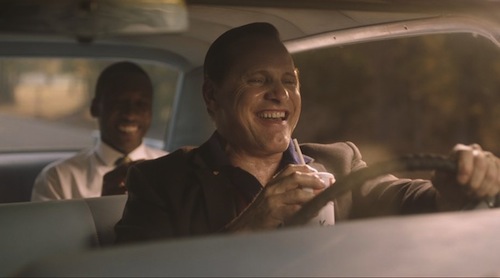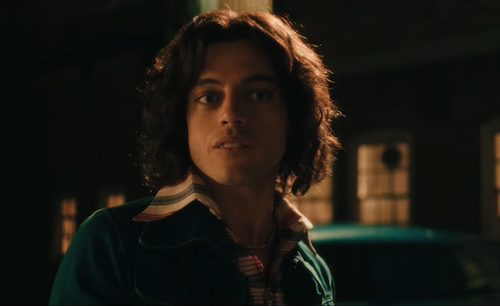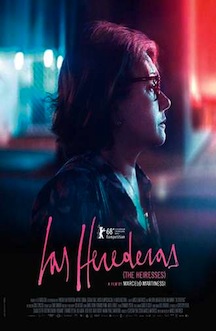Direction: Hu Bo
Country: China
Shrouded in gloominess, disappointment, and anguished regret, An Elephant Sitting Still is a moody undertaking on human existence. Despite running for nearly four hours, this incisive realistic drama set in suburban China was never fatiguing as a result of an efficient narrative filled with uncertainty and surprises. Its bleakness hits you even harder when you think that its director, the novelist Hu Bo, committed suicide right after finishing the film. He was 29, and this work became his first and last film.
You can sense the sadness, fear, and emptiness coming from all directions, witnessing the loveless environments that engulf miserable characters looking desperately for a way out. The pale grayish canvases capturing an outside world so big and so limiting at the same time, reinforce this crushing feeling of hopelessness.
Flowing at a steady pace, the film is structured to accommodate four narrative threads that unfold in the same Chinese neighborhood during one single day. The central characters of each story end up connecting with one another at some point.
16-year-old Bu Wei (Peng Yuchang) lives in a constant tension at home, especially after his unscrupulous father has been fired for taking bribes. Courageous, he’s not afraid to confront the bullies that mess with his friend at school. However, after an incident that takes the leader of the bullies to the hospital, he is chased down by the latter’s older brother, Cheng Yu (Zhang Yu), a dangerous and heartless criminal who lives with the guilt of being directly implicated in the suicide of his childhood friend.
Living in the same building of Bu is Mr. Wang (Li Congxi), an aging man on the verge of losing his own apartment and being sent to a nursing home by his insensitive son. Bu’s classmate, Ling Huang (Wang Uvin), is also in a dead end, unable to find love in her coldhearted single mother. She lets herself being dragged to forbidden encounters with her school’s vice dean (Xiang Ring Dong), an obscure man.
Feeling an urgent need for change, the two youngsters and the old man resolve to search for hope in China’s busiest port of entry, Manzhouli, where the rumors say there is a mythical circus elephant that sits still all day long, doing nothing and ignoring everything around it.
Economic struggle, crime, intimidation in a variety of forms, and, above all, the lack of affection and joie de vivre, are factors strongly influencing the course of the story. Hu Bo, who could have been a true artist of the cinema, put his spellbinding camerawork at the service of a brutal social exposition with plenty of anger and frustration. The effect is intimidating and very real.




























































